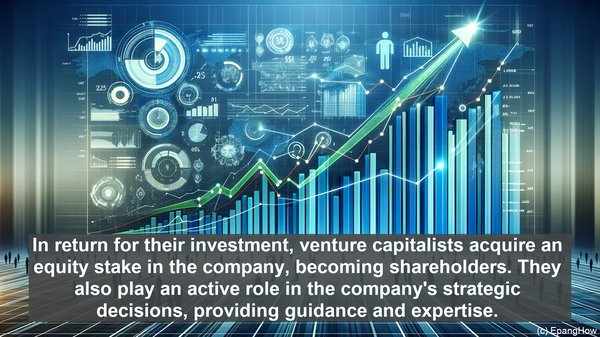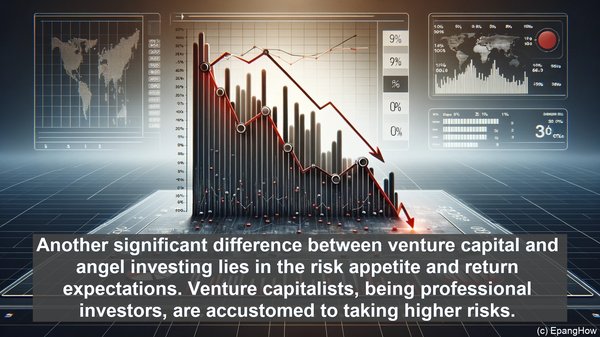Introduction: The World of Startup Financing
Hello everyone! Welcome to another insightful article on the world of startup financing. Today, we’ll be exploring the intriguing differences between venture capital funding and angel investing. Both these methods of funding are vital for early-stage companies, but they operate in distinct ways. So, let’s dive in!

Understanding Venture Capital Funding
Venture capital (VC) funding involves investments made by professional investors or firms known as venture capitalists. These entities raise capital from various sources, such as pension funds, endowments, and high net worth individuals. The funds are then deployed into promising startups with high growth potential. VC funding is typically associated with later-stage companies, where the investment amounts can be substantial, often in the millions. In return for their investment, venture capitalists acquire an equity stake in the company, becoming shareholders. They also play an active role in the company’s strategic decisions, providing guidance and expertise.

The Role of Angel Investors
Angel investors, on the other hand, are typically high net worth individuals who invest their personal funds into early-stage companies. Unlike venture capitalists, angel investors use their own money rather than raising funds from external sources. Angel investments are often made in the seed or early stages of a company’s life cycle when the funding needs are relatively smaller. While the investment amounts can vary significantly, they are generally lower than what venture capitalists provide. In return for their investment, angel investors also acquire an equity stake in the company. However, their level of involvement in the company’s operations and decision-making is usually less than that of venture capitalists.
The Funding Process: VC vs Angel Investing
When it comes to the funding process, there are notable differences between venture capital and angel investing. Venture capital funding typically involves a more structured and rigorous process. Startups seeking VC funding often need to go through multiple rounds of pitching, due diligence, and negotiations. This process can be time-consuming and requires a well-prepared business plan, financial projections, and a compelling growth strategy. On the other hand, angel investing can be more informal and personal. Many angel investors rely on their networks and personal connections to discover investment opportunities. The decision-making process can be quicker, with less emphasis on extensive documentation and formalities.
Risk Appetite and Return Expectations
Another significant difference between venture capital and angel investing lies in the risk appetite and return expectations. Venture capitalists, being professional investors, are accustomed to taking higher risks. They understand that not all investments will yield positive returns, and some may even fail. However, they balance this risk by diversifying their portfolio and aiming for high returns from the successful investments. Angel investors, while also seeking substantial returns, may have a slightly lower risk appetite. Since they are investing their personal funds, the potential loss can have a more significant impact on their overall wealth. As a result, angel investors may be more cautious in their investment decisions and focus on opportunities with a higher probability of success.
Networking and Value-Added Services
In addition to the financial aspect, both venture capitalists and angel investors bring valuable non-financial resources to the table. Venture capitalists, with their extensive networks and industry connections, can open doors to strategic partnerships, potential customers, and top talent. They often have a team of experts in various domains, such as marketing, operations, and finance, who can provide hands-on support to the portfolio companies. Angel investors, while their networks may not be as extensive as those of venture capitalists, can still offer valuable guidance and mentorship. Their experience as entrepreneurs or industry professionals can be invaluable for early-stage companies navigating the challenges of growth.
